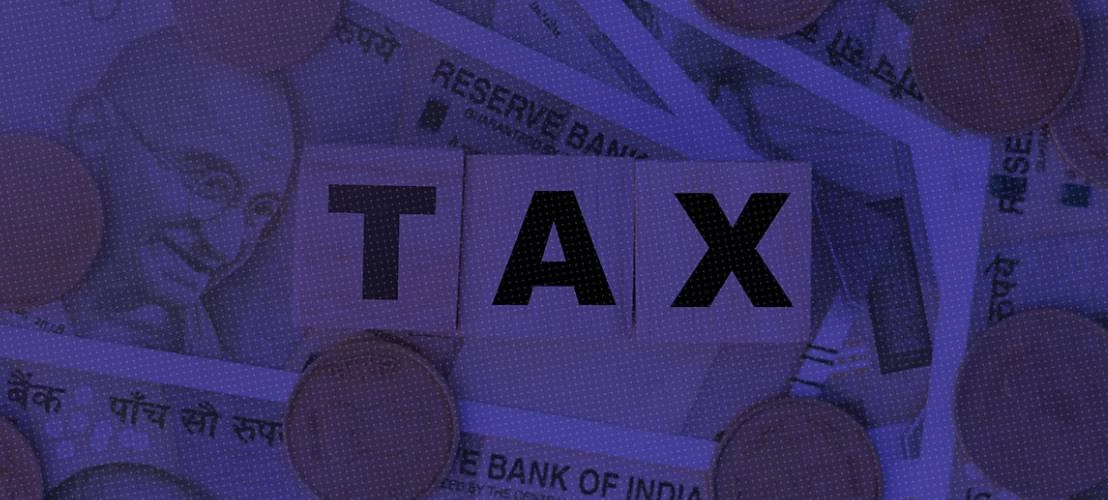The Madras High Court has held that when certain critical events leading to the examination of the patent, hearing of the opposition of the patent, pronouncement of orders, rejecting the opposition all happened in Chennai, the Court will have jurisdiction to hear the writ petition. Dismissing the writ appeal filed against rejection of preliminary objection on the place of suing, the Court observed that considering Article 226(2) of the Constitution, irrespective of location of the ‘appropriate patent office’, a particular High Court would have territorial jurisdiction to entertain the matter if part cause of action arose within its jurisdiction.
The Appellant (respondent in the writ petition, and whose patent was opposed by the petitioner) had contended that even if the hearings took place in different offices, by virtue of Rule 4(2) of the Patent Rules, the hearing is deemed to have taken place at Delhi as it is the ‘appropriate patent office’. The Appellant had also contended that Rule 28 is location neutral, and administrative exigencies would not change the appropriate office of the patent application.
The High Court however observed that the writ petitioner had a patent and was conducting its business in Chennai and the same was an integral part of the reason for the writ petitioner to oppose the grant of patent to the respondent. Further, noting that the respondent was based in Canada and had filed the application in India through its attorney, the Court held that it cannot be said that the primary geographical area where the rights of parties play out was Delhi and that jurisdiction was artificially vested in Chennai.
It may be noted that the High Court also observed that though the filing of opposition, refusal of the same and the consequential grant of patent can normally be considered as right of action, in this case, the writ contended that violation of principles of natural justice in a hearing held in Chennai, when expert evidence affidavits and written submissions were allegedly not considered. The Court was of the view that hence the divisional line between cause of action and right of action blurred out, and it cannot be contended that no part of cause of action arose within the jurisdiction of the Court. The High Court also held that Rule 28(6) and Rule 4(2) of the Patents Rules do not undo the part of action which happened in Chennai, which forms part of the cause of action, for the purpose of filing of the Writ Petition.
The Court in University Health Network v. Adiuvo Diagnostics Private Limited [Judgement dated 3 January 2024] was also of the view that the Madras High Court cannot be termed to be an inconvenient Court and thus there was no case to exercise restraint on the ground of forum conveniens. According to the Court in the times of quick and instant communication and virtual hearings, the very ethos relating to forum conveniens and prejudice to the parties have to be recaliberated.







